Although there have been many changes, the state-owned enterprise sector has not yet solved the problem of autonomy and self-responsibility, making the challenge in performing the tasks in 2024 very great.
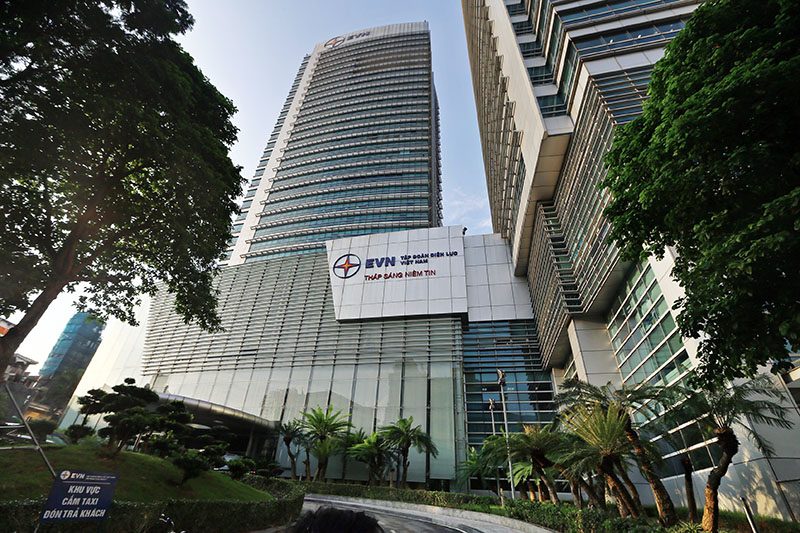 |
| Chairman of Vietnam Electricity Group (EVN) pledged not to let the economy lack electricity. Photo: Duc Thanh |
Challenging Mission
The Spring meeting between the Prime Minister and typical state-owned enterprises last weekend recorded the commitments of the heads of enterprises to complete the tasks in 2024. The Chairman of Vietnam Electricity Group (EVN) pledged not to let the economy lack electricity. The Chairman of Vietnam National Petroleum Group ( Petrolimex ) ensured to maintain the lifeline of petroleum. The Chairman of Saigon Newport Corporation continued to hold the No. 1 position in Vietnam in terms of port exploitation market share...
Not only stopping at commitment, the implementation has been recorded in the business plans of enterprises. According to reports from some representative agencies of owners, basically, the 2024 development investment plans of enterprises have included many investment projects in fundamental industries and fields, important for socio-economic development, such as energy, telecommunications, transport infrastructure, etc.
Particularly, 19 state-owned corporations and groups under the State Capital Management Committee at Enterprises have developed investment plans with a total consolidated capital of VND 205,000 billion and at parent companies about VND 100,000 billion. Many enterprises have developed investment capital plans for 2024 much higher than in 2023, such as MobiFone Telecommunications Corporation, which plans to have its parent company's investment capital plan for 2024 at VND 4,388 billion, equal to 155.8% compared to the implementation in 2023.
This year, state-owned enterprises, especially corporations and general companies, also determined to focus on investing and implementing a number of key projects in important areas according to strategies and plans approved by competent authorities and the Government's Socio-Economic Recovery and Development Program, creating the premise and driving force for the development of industries, sectors and the entire economy.
These include the Ialy Hydropower Plant Expansion Project, the Ben Luc - Long Thanh Expressway Construction Project, the Long Thanh International Airport Construction Investment Project - Component 3, the Narrow-body Aircraft Investment Project, the Container Terminal Construction Investment Project No. 3, No. 4, No. 7, No. 8 of Hai Phong International Gateway Port, etc.
However, frankly, the task assigned to the state-owned enterprise sector this year is quite challenging.
On the one hand, the world economy and Vietnam are forecast to recover weakly and continue to face many major risks and challenges. On the other hand, the private enterprise sector is facing a difficult period, its health is eroded after a prolonged pandemic, the important driving force contributing to the GDP growth target this year and the entire 2021-2025 period is largely dependent on the state-owned enterprise sector.
In particular, the challenge that the state-owned enterprise sector faces this year also comes from the disbursement of investment capital from last year, when many large-scale state-owned enterprises have not met the approved plan. Some corporations have low disbursement rates, such as the Vietnam Oil and Gas Group (PVN) reaching nearly 66%, the Vietnam Posts and Telecommunications Group (VNPT) reaching 61% and MobiFone reaching 56%.
In a report sent to the Prime Minister, the Ministry of Planning and Investment said that the investment capital of 19 corporations and general companies is only focused on a few important sectors such as energy and transport infrastructure; investment results in other sectors and fields are still limited.
The proportion of investment capital in leading and motivating industries and fields, especially new fields such as clean energy production, renewable energy, high technology (semiconductor chip production, hydrogen...) has not been considered or prioritized, and there are no large-scale development investment projects to create breakthrough momentum, spillover, support restructuring and enhance the competitiveness of the economy...
Not only that, the Ministry of Planning and Investment said that new projects of state-owned enterprises were deployed and implemented very little in the recent period. Failure to implement new investment projects will lead to the capacity and competitiveness of state-owned enterprises in the coming period not keeping up with the development trend of the country; not being able to compete with enterprises in the same field in the region and internationally...
 |
Ultimately solve the problem of autonomy
State-owned enterprise leaders are more aware than anyone of the challenges they face, but they also understand where the key lies.
Mr. Pham Duc An, Chairman of the Board of Members of the Vietnam Bank for Agriculture and Rural Development (Agribank), frankly said that in order for state-owned enterprises to dare to think and dare to act, the mechanism for managing capital invested in state-owned enterprises, as well as the operations of enterprises, needs to be reformed soon.
Mr. An proposed to increase the autonomy of state-owned enterprises in the spirit of shifting from behavioral management to target management, strengthening monitoring, detection, warning and handling of violations early to prevent and minimize damage. In particular, the targets assigned to state-owned enterprises need to be specified for each type and each enterprise, especially the ability to master technology, produce import-substituting goods with high added value, avoiding simply assigning business growth and profit targets.
"In particular, the mechanism for appointing and dismissing officials in state-owned enterprises also needs to be thoroughly reformed," Mr. An suggested.
Mr. Nguyen Nang Toan, Chairman of Saigon Newport Corporation, proposed to soon amend the Law on Management and Use of State Capital Invested in Production and Business at Enterprises (Law No. 69/2014/QH13), in which to specify the regulations on state capital, capital of state-owned enterprises, on the assessment of the effectiveness of using state capital invested in enterprises and capital of state-owned enterprises invested in other enterprises, on the overall basis according to the long-term goals of the enterprise without separating each project, each investment portfolio..., in order to promote the autonomy, daring to think, daring to do, daring to innovate of state-owned enterprise managers.
The Chairman of Tan Cang Saigon proposed to adjust the regulations on profit distribution of state-owned enterprises in the direction of allowing some state-owned enterprises that have been operating effectively for many consecutive years, have large and effective investment and development projects to proactively retain after-tax profits after setting aside funds according to regulations to supplement charter capital for investment and development of projects, ensuring competitiveness and international integration.
Speaking at the meeting, Minister of Planning and Investment Nguyen Chi Dung placed the position, great and challenging mission of the business sector together with the authority, responsibility, obligations and rights of state-owned enterprises in general and employees in state-owned enterprises in particular. It is clear that this relationship is not commensurate. State-owned enterprises are not autonomous in performing their roles and missions; employees, especially management employees, are not encouraged to innovate, dare to think, dare to do, and strive to maximize their capacity for the overall development of the enterprise.
Meanwhile, to develop the country quickly and sustainably, it is necessary to maximize and concentrate all resources that state-owned enterprises are holding for development investment, especially important national infrastructure projects, invest in capturing core technologies, develop new industries, professions and products in line with the development trends of the times.
Here, the challenge for the state-owned enterprise sector to complete its tasks in 2024 is also placed on the shoulders of the Government, ministries, branches and localities. Right at the meeting, many tasks that must be done this year were assigned to ministries, branches and localities.
The Prime Minister requested ministries and branches to continue performing the assigned tasks in Resolution No. 68/2022/NQ-CP on continuing to innovate, improve operational efficiency, and mobilize resources of state-owned enterprises, focusing on economic groups and corporations in socio-economic development; Directive No. 12/2023/CT-TTg of the Prime Minister on tasks and solutions to innovate the operations of the State Capital Management Committee at enterprises and improve operational efficiency, and promote investment resources of 19 affiliated economic groups and state-owned corporations.
The Prime Minister assigned the Ministry of Planning and Investment to preside over and develop a project on state management of state-owned enterprises, in the direction of separating the ownership function and the state management function.
Previously, the Ministry of Planning and Investment proposed that the Government soon issue a Decree amending and supplementing Decree No. 10/2019/ND-CP so that the State Capital Management Committee at enterprises, corporations and general companies have a basis to exercise autonomy and self-determination in investment and production - business activities in 2024. The draft Decree has been completed by the Ministry of Planning and Investment and submitted to the Government with many contents promoting decentralization and delegation of authority of the owner's representative to the board of members, company chairman and owner's representative agency.
The Ministry of Planning and Investment requested the Ministry of Finance to urgently review and complete the dossier proposing amendments to Law No. 69/2014/QH13 to submit to the National Assembly for consideration and decision, in which it is necessary to institutionalize policies and orientations on continuing to promote decentralization and delegation of power; the owner's representative agency only decides on major, important issues of an orientational nature and focuses on inspection and supervision.
Ministries and branches need to continue reviewing and advising competent authorities to complete the legal framework on salaries and bonuses for managers and employees at state-owned enterprises; representatives of state capital at enterprises; promptly promulgate or submit to competent authorities to promulgate regulations guiding the Law on Bidding and the new Land Law in the direction of simplifying administrative procedures, creating favorable conditions for enterprises to implement investment projects, purchase for production and business...
The spirit in implementing these tasks, according to the direction of Prime Minister Pham Minh Chinh, is "not to let businesses come and ask for help, then we will do it".
Source


![[Photo] Panorama of the memorial service for former President Tran Duc Luong](https://vphoto.vietnam.vn/thumb/1200x675/vietnam/resource/IMAGE/2025/5/25/d33968481f21434fa9ed0df48b9ecfa9)
![[Photo] Memorial service for former President Tran Duc Luong in Ho Chi Minh City](https://vphoto.vietnam.vn/thumb/1200x675/vietnam/resource/IMAGE/2025/5/25/c3eb4210a5f24b6493780548c00e59a1)
![[Photo] President Luong Cuong receives Lao Vice President Pany Yathotou](https://vphoto.vietnam.vn/thumb/1200x675/vietnam/resource/IMAGE/2025/5/25/958c0c66375f48269e277c8e1e7f1545)
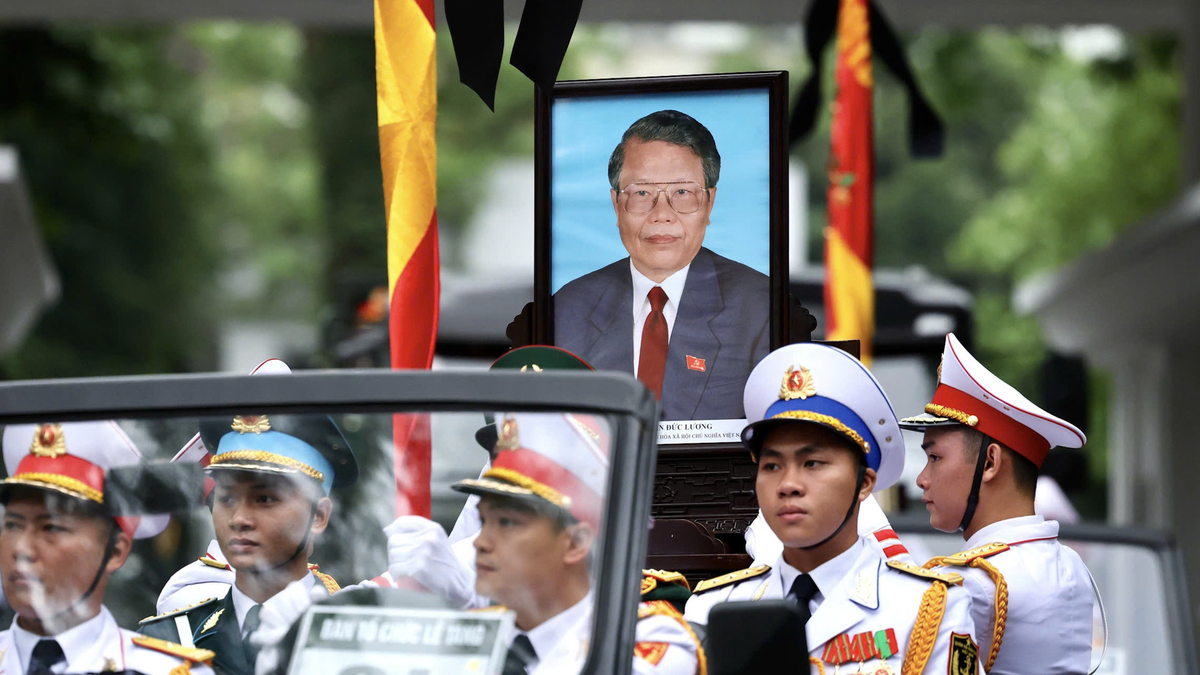
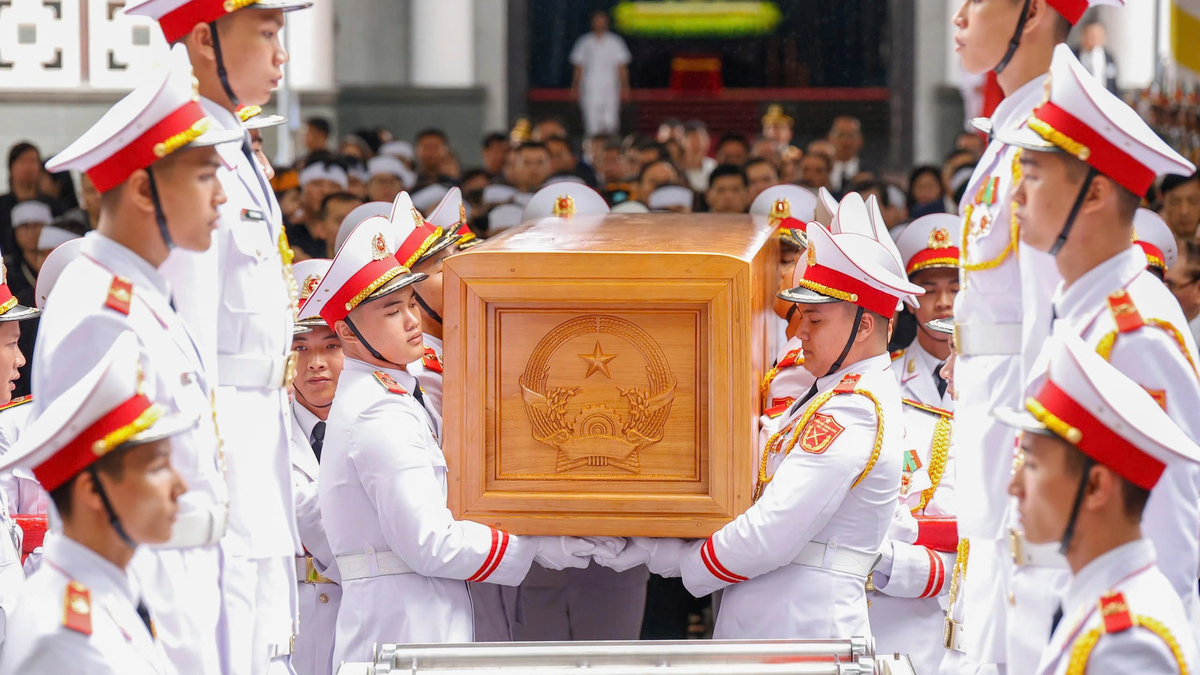
![[Photo] Prime Minister Pham Minh Chinh meets the Vietnamese community in Malaysia](https://vphoto.vietnam.vn/thumb/1200x675/vietnam/resource/IMAGE/2025/5/25/1f11d1256d7745a2a22cc65781f53fdc)


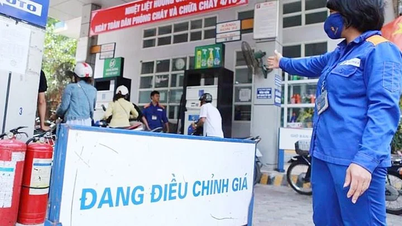







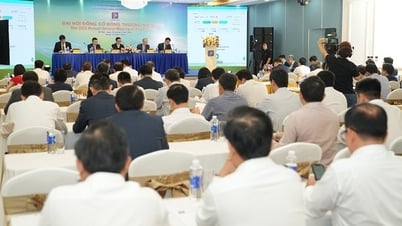



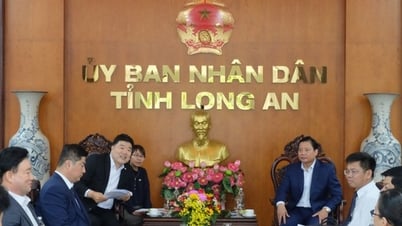



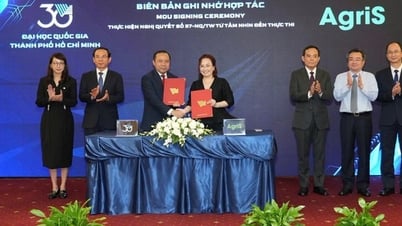




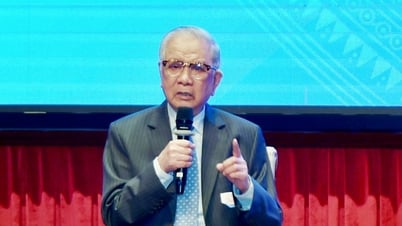


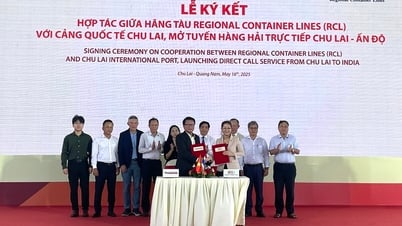


![[Photo] President Luong Cuong receives Vice President of the Cambodian People's Party Men Sam An](https://vphoto.vietnam.vn/thumb/1200x675/vietnam/resource/IMAGE/2025/5/25/6f327406164b403a8e36e8ce9d3b2ad2)




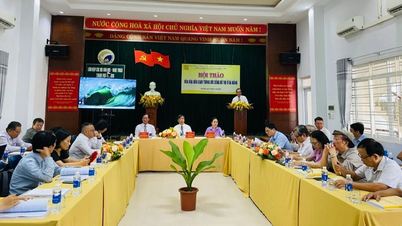
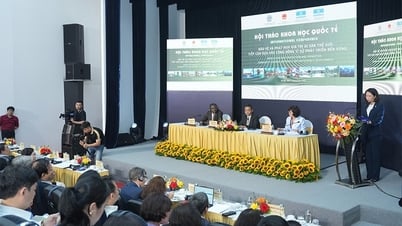




















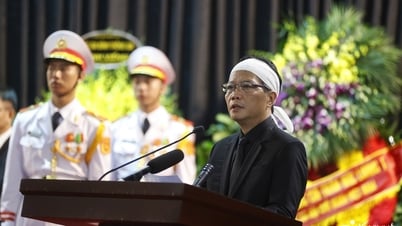
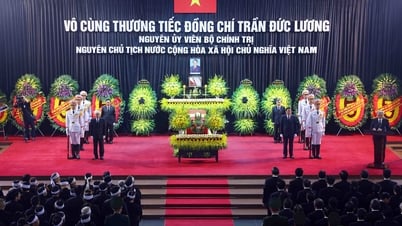
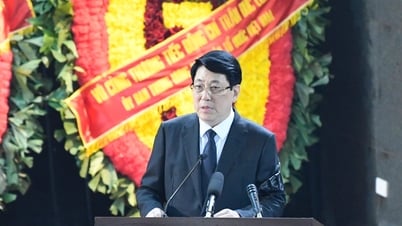













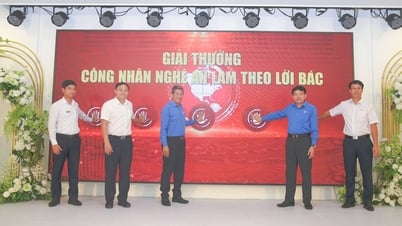









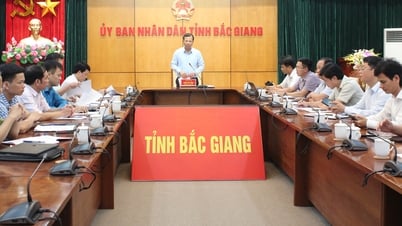



Comment (0)